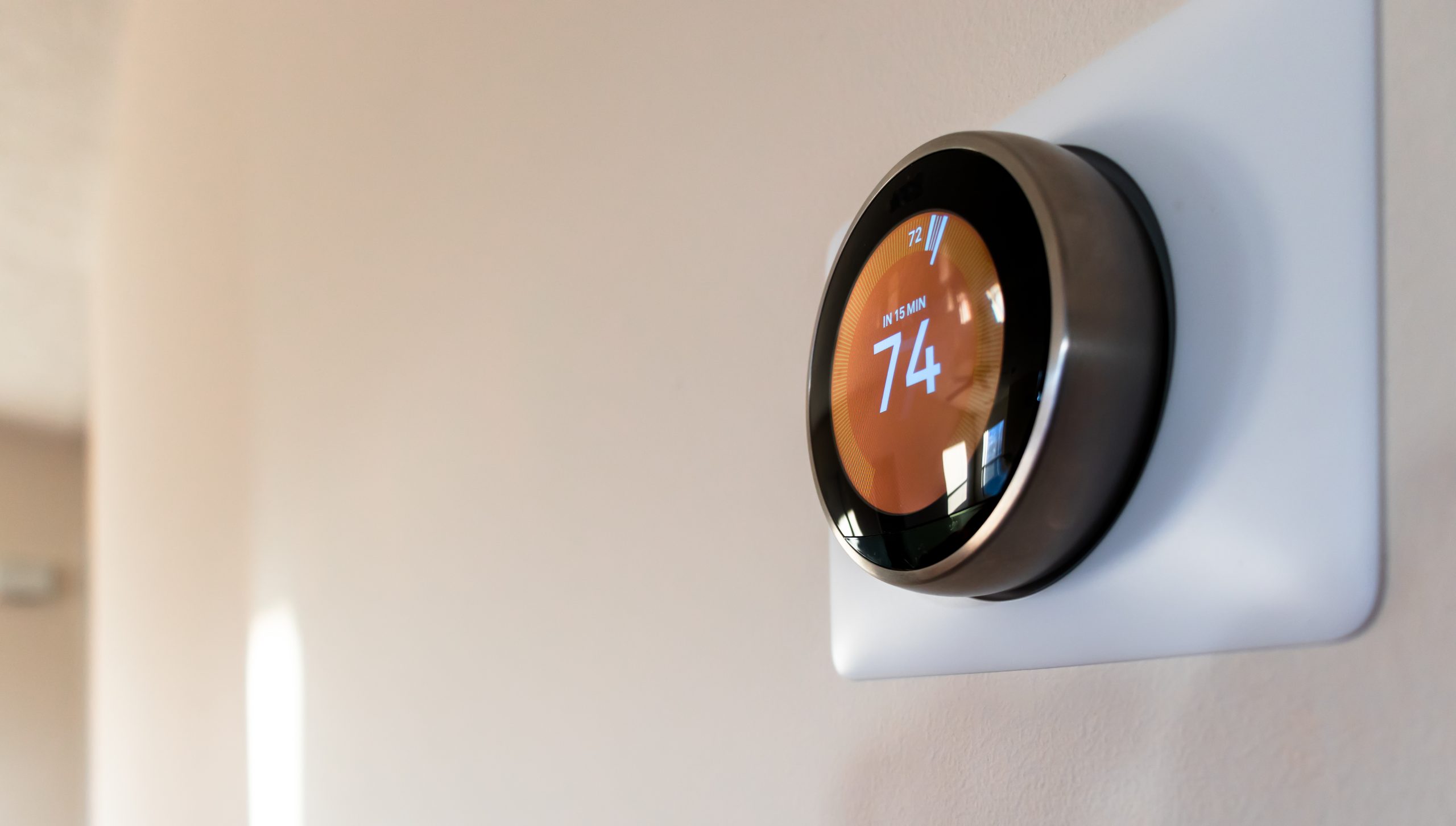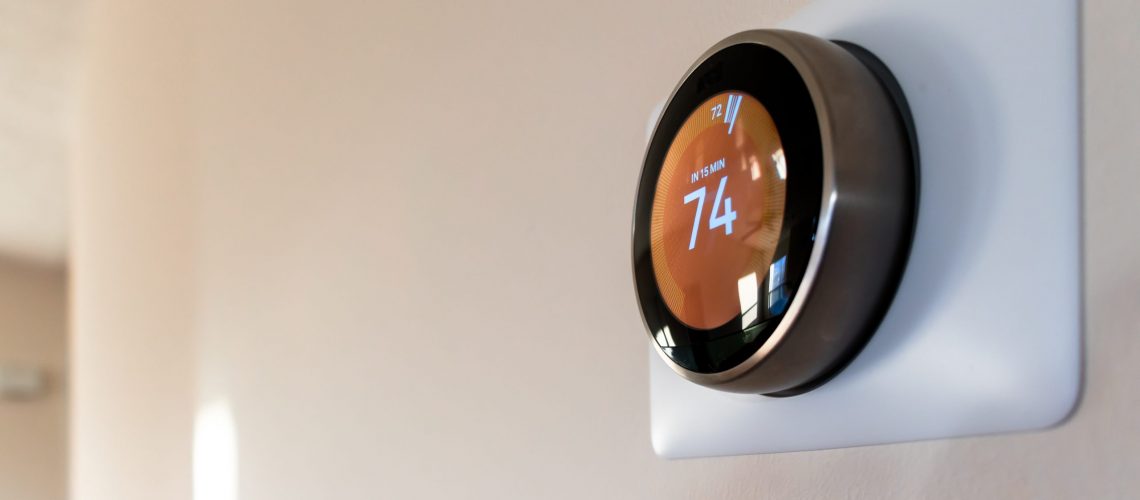
Cutting energy use on hot days can keep everyone powered-up
For some people, the notion of conserving energy on a hot summer’s day might evoke thoughts of relaxing with a cool drink under a shade tree or bobbing aimlessly on an air mattress at the lake or the pool.
However, when it comes to beating the summer heat, for many of us, it’s air conditioning to the rescue.
But all that comfort comes at a cost. Air conditioning requires a lot of electricity.
An average residential central air conditioning system uses about 3,500 watts of electricity. If that air conditioning unit runs for an hour, that equals 3.5 kilowatt hours. That’s about $0.38. That might not seem like much, but over the course of a summer it can add up.
Finding ways to cut your energy use around the house is always a good idea, but at times this summer it could be especially important because it could impact more than your wallet.
Why it matters more
Earlier this year MISO (Midcontinent Independent System Operator), the organization responsible for operating the power grid across 15 U.S. states (including Michigan) issued a report indicating Michigan may not have enough electric capacity to meet peak demand on hot summer days this year.
If this happens, a process known as “load-shedding” will take place among all electric utilities in the state to reduce the demand on the overall power grid. This means that some sections of a utility’s service area would have power cut, possibly for several hours, until the demand on the system drops.
Although GLE’s demand on the state’s overall power grid is relatively small, would affect some GLE members.
It adds up fast
Let’s go back to that average central air conditioner usage mentioned above. If just 10 homes in your neighborhood have their central air running at the same time, that’s a lot of extra demand just on your neighborhood circuit. If you expand that out to your whole community, county, or the entire state, that demand can add up quickly. Even a small, 5,000 BTU window-mounted air conditioner will use about 450 watts. And that’s for a newer model. Older, less efficient models will use more.
On these hot days, there are many steps you can take to cut down on the demand on the overall electric grid. If everyone works together to reduce their usage during peak demand hours — typically from 3-8 p.m. — on these days, it can go a long way to helping to avoid outages for you, your neighbors, or people many miles down the line.
Cool it with care
Here are some tips for cutting your home’s energy use for summertime cooling. They’ll not only help you do your part to reduce power demands on the hottest days, but they can also save you on cooling costs.
Use your window coverings to keep the heat out It might seem simple, but window coverings such as blinds, shades and curtains can make a big difference in how much the sun heats up your house on a hot summer day. According to the U.S. Department of Energy, about 76 percent of sunlight that falls on standard double-pane windows enters to become heat. Window coverings can help reduce this heat gain. How much savings you can achieve this way will depend on many factors, but one study showed medium-colored draperies with white-plastic backings can reduce heat gains by 33 percent. To learn more about how to use window coverings to conserve energy throughout the year, visit energy.gov/energysaver/energy-efficient-window-coverings.
It might seem simple, but window coverings such as blinds, shades and curtains can make a big difference in how much the sun heats up your house on a hot summer day. According to the U.S. Department of Energy, about 76 percent of sunlight that falls on standard double-pane windows enters to become heat. Window coverings can help reduce this heat gain. How much savings you can achieve this way will depend on many factors, but one study showed medium-colored draperies with white-plastic backings can reduce heat gains by 33 percent. To learn more about how to use window coverings to conserve energy throughout the year, visit energy.gov/energysaver/energy-efficient-window-coverings.
Be strategic about which coverings you open and when. For instance, close south facing coverings for most of the day, but you might want to open west facing coverings in the morning and east-facing coverings in the afternoon to maximize natural light and reduce the need for electric lighting.
Operate your thermostat efficiently Set your air conditioner’s thermostat at the warmest temperature you find comfortable and that provides necessary humidity control. You could save 2 to 3 percent in energy usage for each degree you increase the thermostat setting.
Set your air conditioner’s thermostat at the warmest temperature you find comfortable and that provides necessary humidity control. You could save 2 to 3 percent in energy usage for each degree you increase the thermostat setting.
Keep your house warmer than normal when you are away, and lower the thermostat setting when you return home. A programmable thermostat allows you to do this automatically and without sacrificing comfort. To learn more about programable thermostats, visit energy.gov/energysaver/programmable-thermostats.
Avoid setting your thermostat at a colder setting than normal when you first turn on your air conditioner. It will not cool your home any faster and could result in excessive cooling and unnecessary energy use.
Use fans to keep cool Using fans such as ceiling fans will likely allow you to be comfortable with a higher temperature setting on your thermostat and they use less energy than air conditioning. However, remember to turn off ceiling fans when you leave the room. Fans cool people by creating a wind chill effect, not rooms.
Using fans such as ceiling fans will likely allow you to be comfortable with a higher temperature setting on your thermostat and they use less energy than air conditioning. However, remember to turn off ceiling fans when you leave the room. Fans cool people by creating a wind chill effect, not rooms.
Also, when you shower or take a bath, use the bathroom fan to remove heat and humidity from your home, which will cut down on the work your A/C will have to do.
Keep your cooling system running efficiently For maximum energy efficiency when using your air conditioning, schedule regular maintenance for your cooling equipment.
For maximum energy efficiency when using your air conditioning, schedule regular maintenance for your cooling equipment.
Avoid placing heat-producing equipment such as lamps or TV sets near your room air conditioning thermostat. The thermostat senses heat from these appliances, which can cause the air conditioner to run longer than necessary.
Vacuum your air intake vents regularly to remove any dust buildup. Ensure that furniture and other objects are not blocking the airflow through your registers.
Keep hot air out Seal cracks and openings to prevent warm air from leaking into your home by adding caulk or weather-stripping to seal air leaks around doors and windows
Seal cracks and openings to prevent warm air from leaking into your home by adding caulk or weather-stripping to seal air leaks around doors and windows
Playing the waiting game
In addition to cutting down on your home’s air conditioning use during peak times, you can also help reduce the load on the system limiting or not using high-electric-demand appliances until cooler times of the day. Some top examples of high-electric-demand activities include doing laundry or cooking.
Take a look at how much energy some of these typical household appliances use:
- Washing machine: 400-1,400 watts
- Electric clothes dryer: 2,000-4,000 watts
- Electric oven: 2,000-5,000 watts
- Electric cooktop burner: 1,200-3,000 watts
- Microwave oven: 700-1,100 watts
- Electric household tank water heater: 4,500-5,500 watts
- Dishwasher: 1,200-2,400 watts
So, if you have a load of laundry in the washer and one in the dryer, that could be as much as 5,400 watts on top of the 3,500 watts your central air might also be using at the same time.
On top of that, many of these high-demand activities, such as cooking, drying clothes, or taking a hot shower are adding heat to your home which will make your air conditioning work that much harder to keep you house cool during the hottest times of the day.
With a little extra effort and forethought, we can all do our part to help keep power available for everyone on the hottest days this summer.
More information
To learn more about electric reliability and stay informed, visit gtlakes.com/2022/05/20/a-matter-of-reliability/ or voicesforcooperativepower.com/michigan/.



Thank you for the good commonsense advice.
Cut power off to high kilowatt users and electric vehicle charging homes first. Our power consumption is way below the average because we use the least amount of electric appliances and do not charge electric vehicles. Our energy use is below 350 kWh per month. We keep our home at 78 to 80 degrees.
That would be the fair way to share the available electricity.
I have copd and my doctor advised me to use air conditioning to aid in my breathing. Why should I go without power when we use a lot less than most people?
Hi Robert! Thanks for your comment. Unfortunately, in the unlikely event that “load-shedding” (intentional outages) becomes necessary, it wouldn’t be practical to shut off individual services in a timely manner. It would take place at the substation level. That means a all members served out of a particular substation (or on a particular circuit out of a substation) would be turned off all at once. Our plan is to shift the location of where the outage is every two hours until the overall demand on the grid returns to a safe level. It’s also worth noting that although electric vehicles… Read more »
I have family in California and one child is on a ventilator. If energy load is shed they STILL get power. Only house with lights in their neighborhood a couple of times. Talk to your doctor, and call Michigan ADA at 1 800 949 4232
I’m all for conserving energy and have no problems with the steps outlined. However, I am a little irritated that I am being preached to about this condition. A little while back I received an email telling me there may be some issues this summer because there are some power generating plants being shutdown before their life span in an effort to become more “green”. Perhaps we should be ramping up the green energy before shutting down fossil fuel generating capacity. So my irritation comes from a problem created unnecessarily by political ideology and the only consequence is being felt… Read more »
I totally agree. Why move ahead with green energy without a plan to compensate for what you are taking off line. What happens when more and more people charge their electric cars? Unless I missed it in the article. how many kilowatts to charge a car and how will that affect the grid?
Although electric vehicles do contribute to demand on the grid, they aren’t the primary reason for the concern about sufficient supply on peak demand days. While EV sales are growing, they still make up a very small percentage of the vehicles on the road, and most EV charging takes place overnight when demand on the grid is much less. We agree that generating facilities should not be taken offline until sufficient reliable generation capacity is in place to replace the capacity lost by the facilities being shut down. The difficulty lies in the fact that it take much longer to… Read more »
Whole heartedly agree!
Don, It’s not “ideology”. These are engineering issues. Does your car last forever? When you buy a replacement is that an “ideological” decision? (I reread your post before sending this; I received the notice too and I don’t remember it stating the shut downs were “early” because of the need to “green”. However, I’m sure if the new plants aren’t up and running the old ones will be licensed for a little longer. Oh, and haven’t you heard of the world wide drought and flooding crises? We need to do this as fast as we can.) Me, I’m rooting for… Read more »
A ceiling exhaust fan does wonders! I had one put in 3 years ago. Open 1 window downstairs at night, 2 upstairs, and turn on the fan which sucks cool night air in and pushes it into the attic — which has plenty of air vents. I’ve cut my AC use by HALF! Strongly recommend.